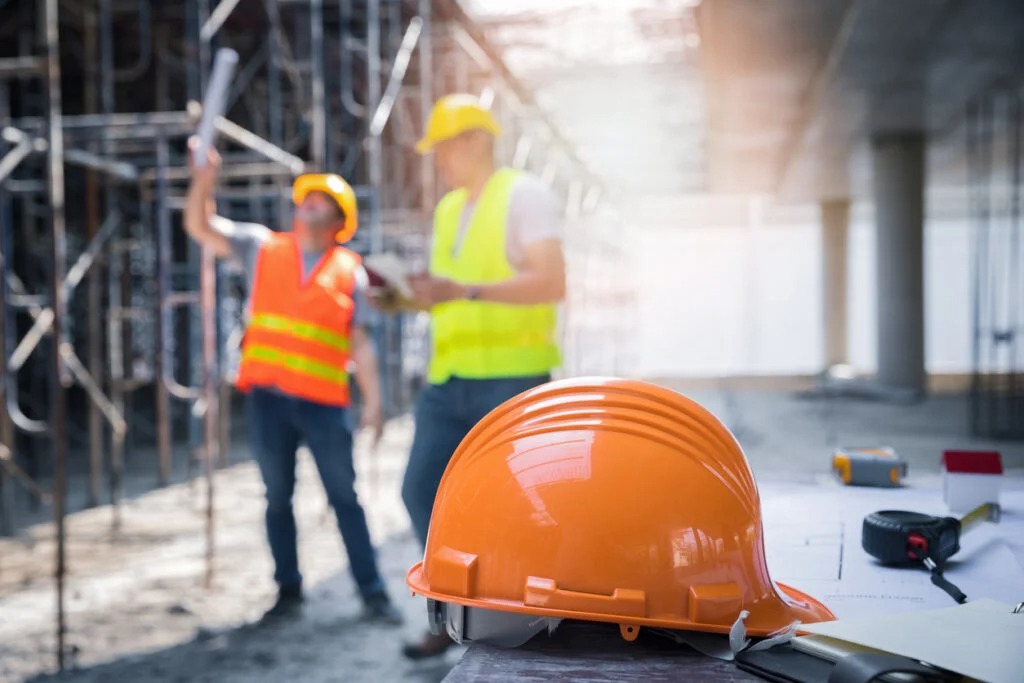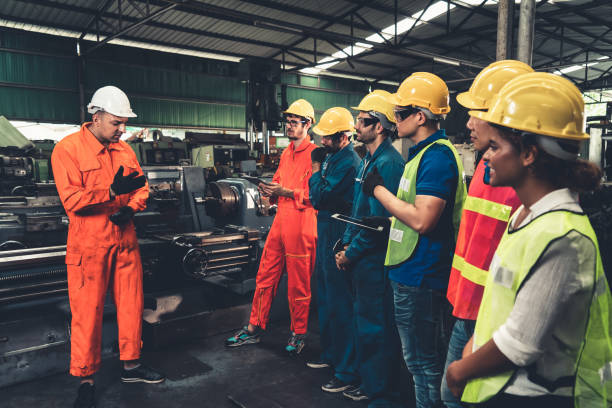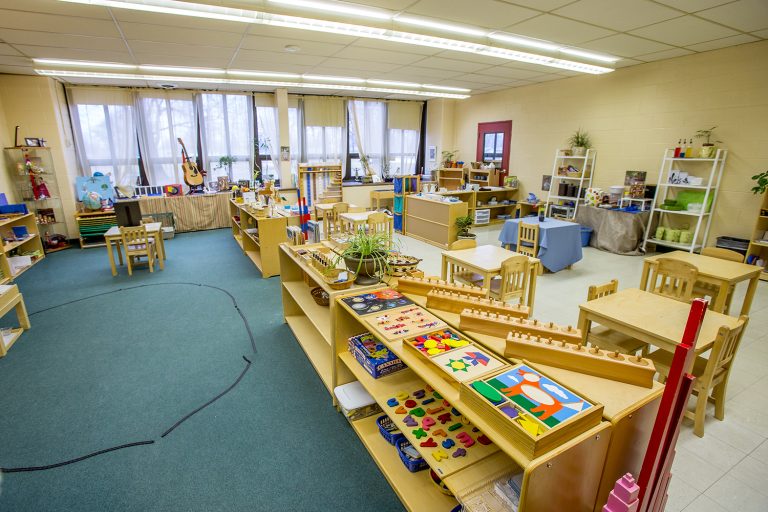
Trade schools in Hawaii have become essential for students looking to enter the construction industry with hands-on skills and practical knowledge. The demand for skilled construction workers in Hawaii is growing, and trade schools in Hawaii provide programs that prepare students to meet this need. From carpentry and electrical work to plumbing and welding, trade schools in Hawaii offer a wide range of construction-focused courses. These programs are designed to combine classroom instruction with real-world training, giving graduates the ability to excel in their careers. Choosing trade schools in Hawaii means students gain industry-recognized certifications, access to apprenticeships, and the opportunity to work on live projects. With qualified instructors and modern equipment, trade schools in Hawaii ensure students are ready to succeed in Hawaii’s construction sector. For those seeking both education and career advancement, trade schools in Hawaii are the ideal choice. Students at trade schools in Hawaii benefit from job placement assistance, networking opportunities, and programs that are tailored to the unique construction demands of the islands. By attending trade schools in Hawaii, learners can build a strong foundation for a long-lasting and rewarding career.
Key Construction Programs Offered
Trade schools in Hawaii offer a variety of construction programs designed to meet the needs of both beginners and experienced workers. Carpentry programs focus on building techniques, blueprint reading, and woodworking skills. Electrical programs cover residential and commercial wiring, safety codes, and troubleshooting, which are essential for modern construction projects. Plumbing programs offered at trade schools in Hawaii teach pipe installation, repair, and maintenance, ensuring graduates are ready for essential roles in infrastructure development. Welding programs provide students with certifications in MIG, TIG, and stick welding, opening doors to construction, manufacturing, and repair industries. By offering specialized programs, trade schools in Hawaii equip students with the skills necessary to enter the workforce immediately and advance quickly.
Hands-On Learning and Real-World Experience
One of the main advantages of trade schools in Hawaii is the emphasis on hands-on learning. Construction programs include lab sessions, workshops, and real-world project simulations that prepare students for actual job scenarios. Instructors at trade schools in Hawaii are industry professionals who provide guidance based on years of experience. Many programs also incorporate apprenticeships or partnerships with local construction companies, allowing students to gain practical experience while earning credentials. By focusing on applied learning, trade schools in Hawaii ensure graduates are confident, skilled, and ready to meet employer expectations from day one.
Career Opportunities After Graduation
Graduates from construction programs at trade schools in Hawaii have numerous career opportunities. Skilled carpenters, electricians, plumbers, and welders are in high demand across the state. Trade schools in Hawaii provide certifications and licenses required to practice professionally, giving students an advantage in the competitive job market. Many graduates also pursue supervisory or project management roles after gaining experience, demonstrating the career growth potential offered by trade schools in Hawaii. Additionally, the skills learned at trade schools in Hawaii are transferable to other construction-related fields, providing flexibility for long-term career planning.
Why Choose Us
Choosing the right institution is crucial when exploring trade schools in Hawaii for construction programs. We offer a comprehensive approach that combines practical training with career guidance. Our instructors are experienced professionals who bring real-world expertise to every lesson. Students at trade schools in Hawaii benefit from personalized support, access to modern tools and equipment, and industry connections that facilitate job placement. By choosing us, students from trade schools in Hawaii receive the education, mentorship, and resources needed to excel in the construction industry. Our goal is to prepare graduates who are ready to succeed and contribute meaningfully to Hawaii’s growing construction sector.
Advantages of Attending Construction Programs at Trade Schools in Hawaii
Attending construction programs at trade schools in Hawaii offers several advantages. First, students gain practical, job-ready skills in a shorter timeframe compared to traditional degrees. Second, the programs are cost-effective, helping students avoid excessive debt. Third, trade schools in Hawaii offer networking opportunities with local employers and industry professionals, which can lead to job placement and career advancement. Fourth, students can pursue certifications that are highly valued in the construction industry, improving employability and earning potential. Finally, trade schools in Hawaii provide a supportive learning environment with instructors who are committed to student success.
Supporting Hawaii’s Growing Construction Industry
The construction industry in Hawaii continues to expand, with projects ranging from residential developments to commercial infrastructure and public works. Trade schools in Hawaii play a crucial role in supplying skilled workers to meet these demands. By training students in practical skills, safety standards, and advanced techniques, trade schools in Hawaii contribute directly to the growth and quality of the state’s construction projects. Graduates of trade schools in Hawaii not only fill essential roles but also ensure projects are completed efficiently and professionally, strengthening the local economy.
5 Frequently Asked Questions
1. What construction programs are offered at trade schools in Hawaii?
Trade schools in Hawaii offer programs in carpentry, electrical work, plumbing, welding, and other construction-related fields.
2. How long do construction programs at trade schools in Hawaii take?
Most construction programs at trade schools in Hawaii can be completed in six months to two years, depending on the specialization.
3. Are trade schools in Hawaii recognized by employers?
Yes, employers highly value graduates from trade schools in Hawaii because they have hands-on training, certifications, and real-world experience.
4. Do trade schools in Hawaii offer apprenticeships or practical training?
Yes, many trade schools in Hawaii include apprenticeships, internships, and real-world project opportunities as part of their programs.
5. Can I advance my career after completing a construction program at trade schools in Hawaii?
Absolutely. Graduates from trade schools in Hawaii can pursue supervisory roles, specialized certifications, or start their own businesses in the construction industry.
Conclusion
Construction programs at trade schools in Hawaii provide students with practical skills, industry certifications, and career-ready experience. By focusing on hands-on learning, apprenticeships, and industry connections, trade schools in Hawaii prepare graduates for high-demand roles in carpentry, electrical work, plumbing, welding, and more. The combination of accelerated programs, skilled instructors, and real-world training makes trade schools in Hawaii the ideal choice for anyone seeking a career in construction. Students who attend trade schools in Hawaii benefit from career growth opportunities, strong earning potential, and the chance to contribute to Hawaii’s thriving construction industry. For individuals passionate about building a solid career, trade schools in Hawaii offer the skills, support, and pathways needed for long-term success.



